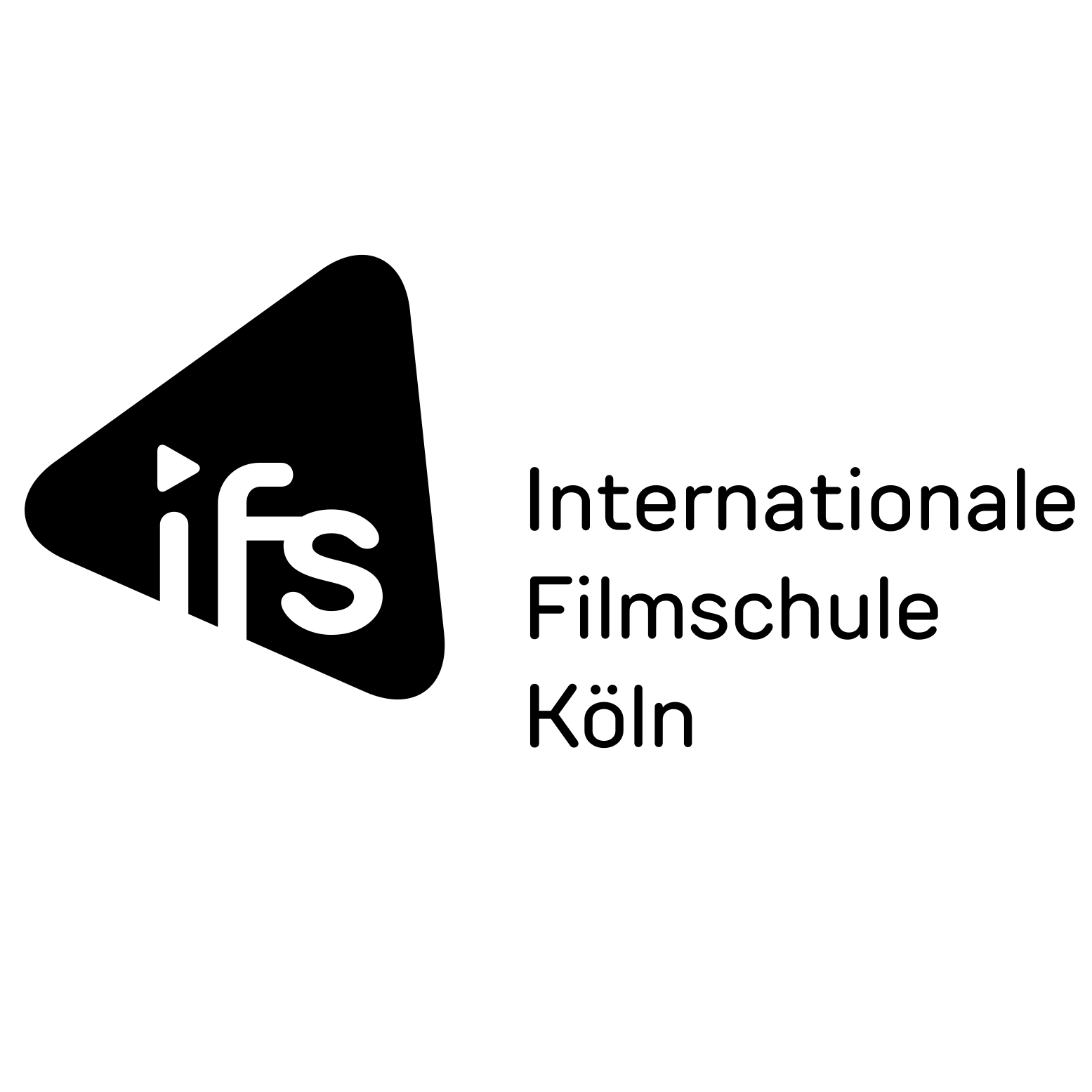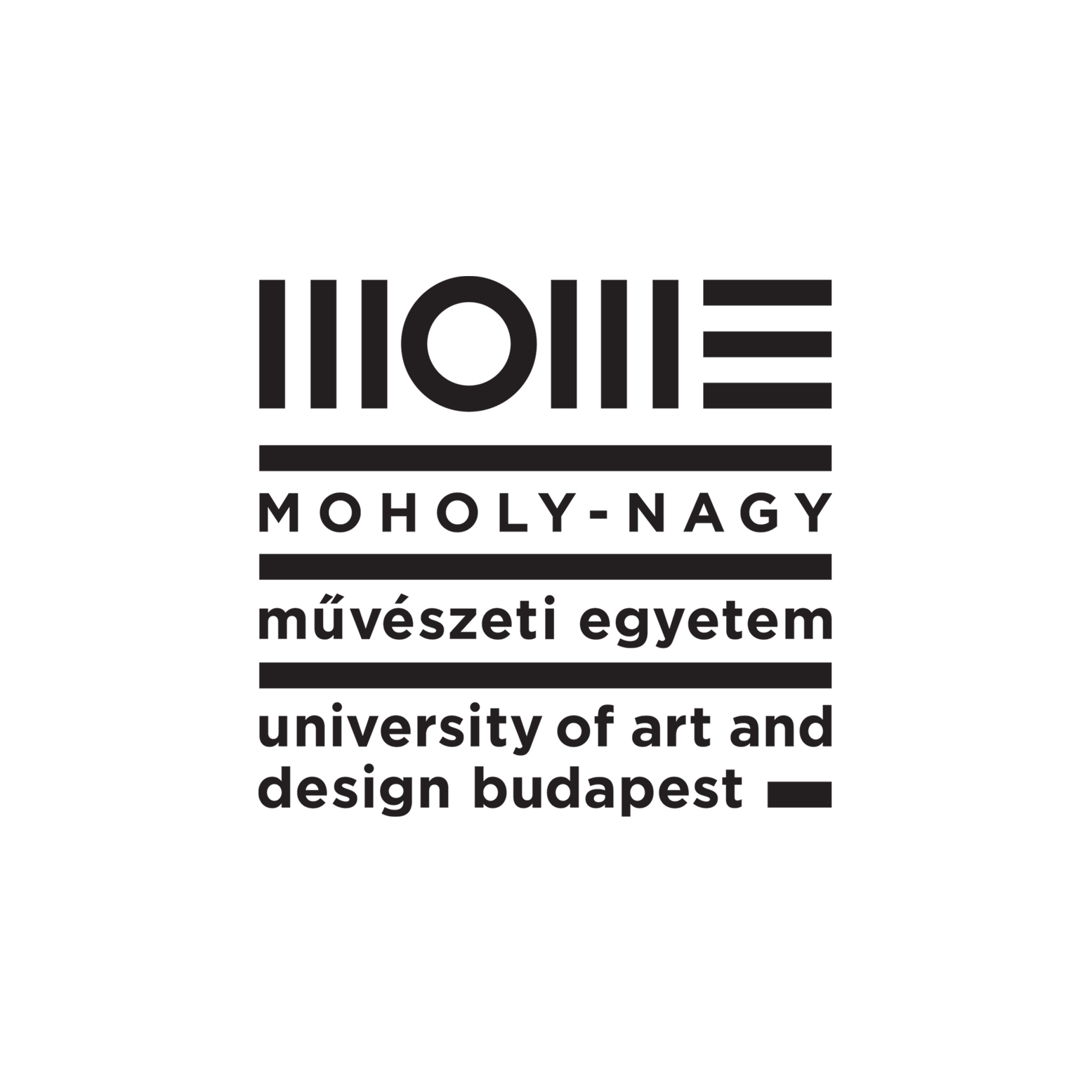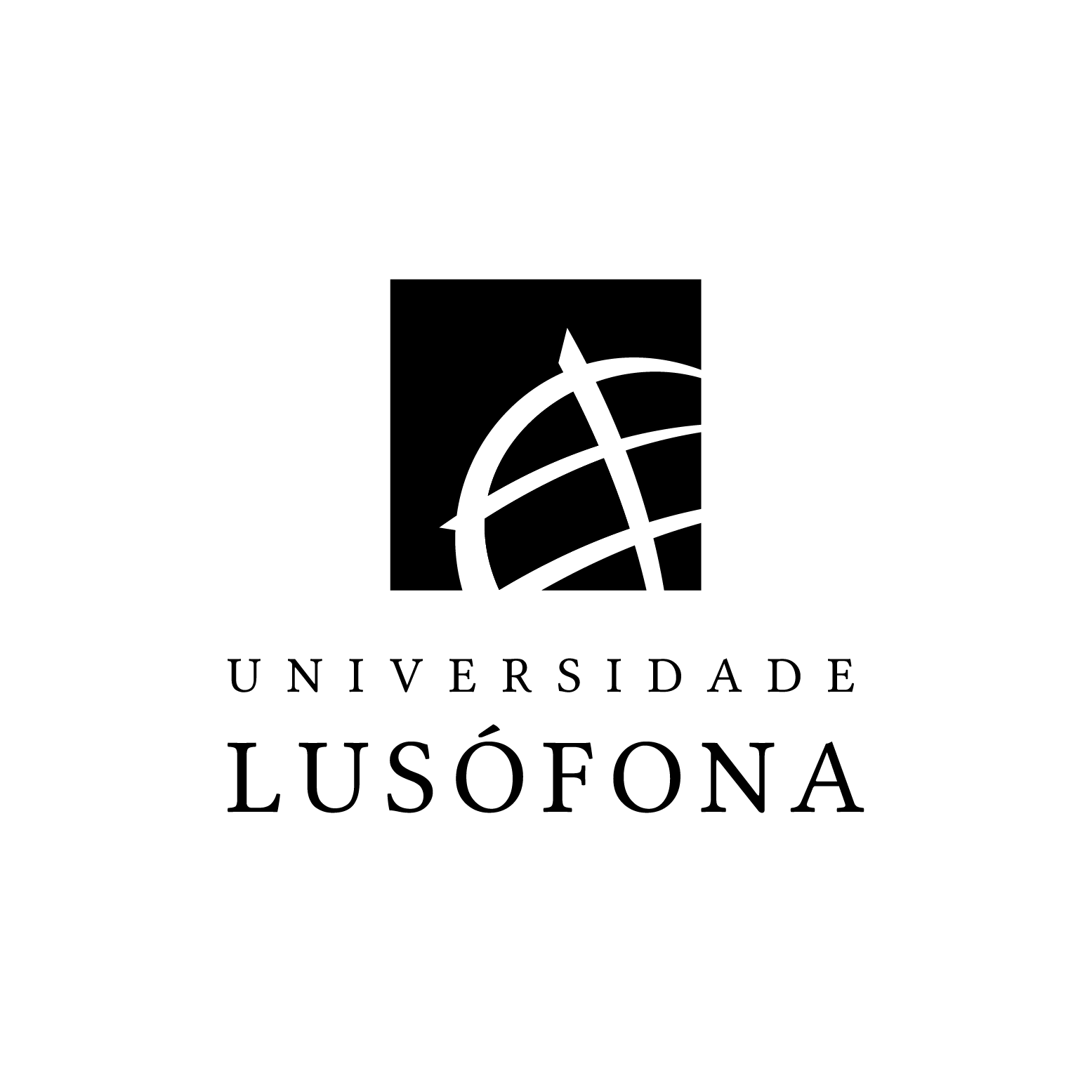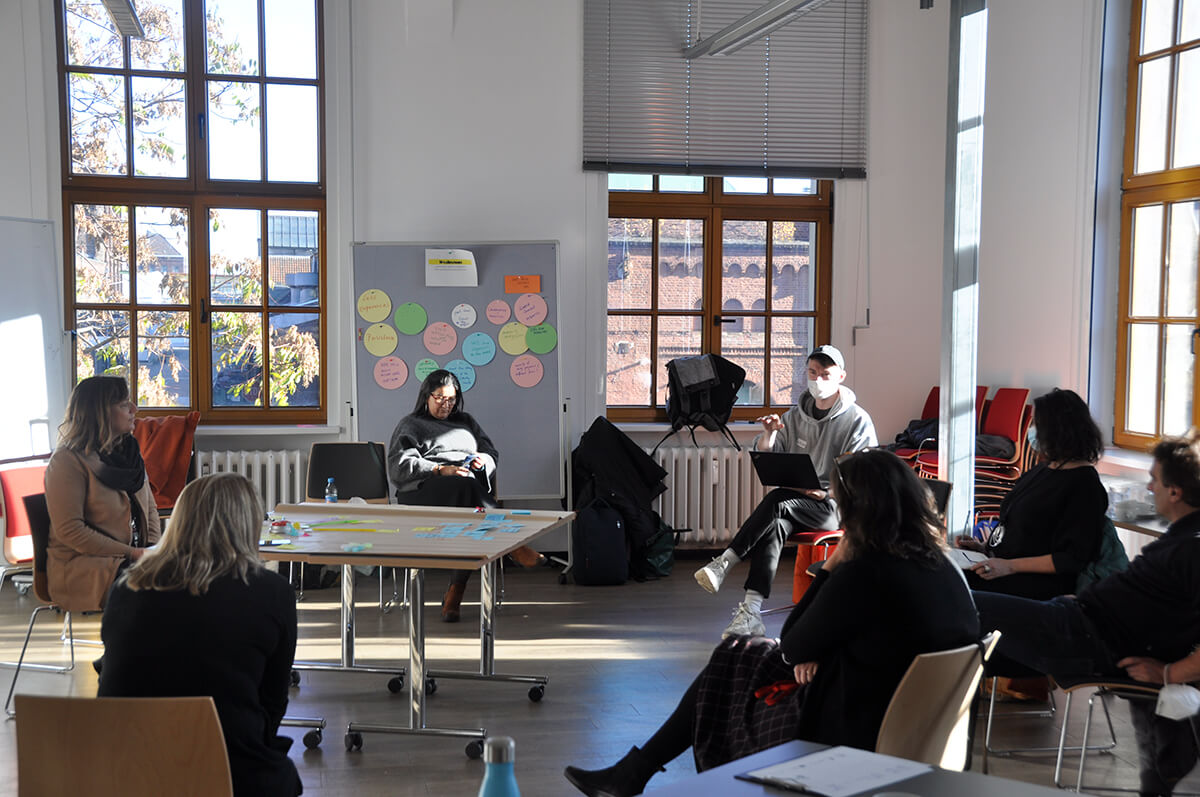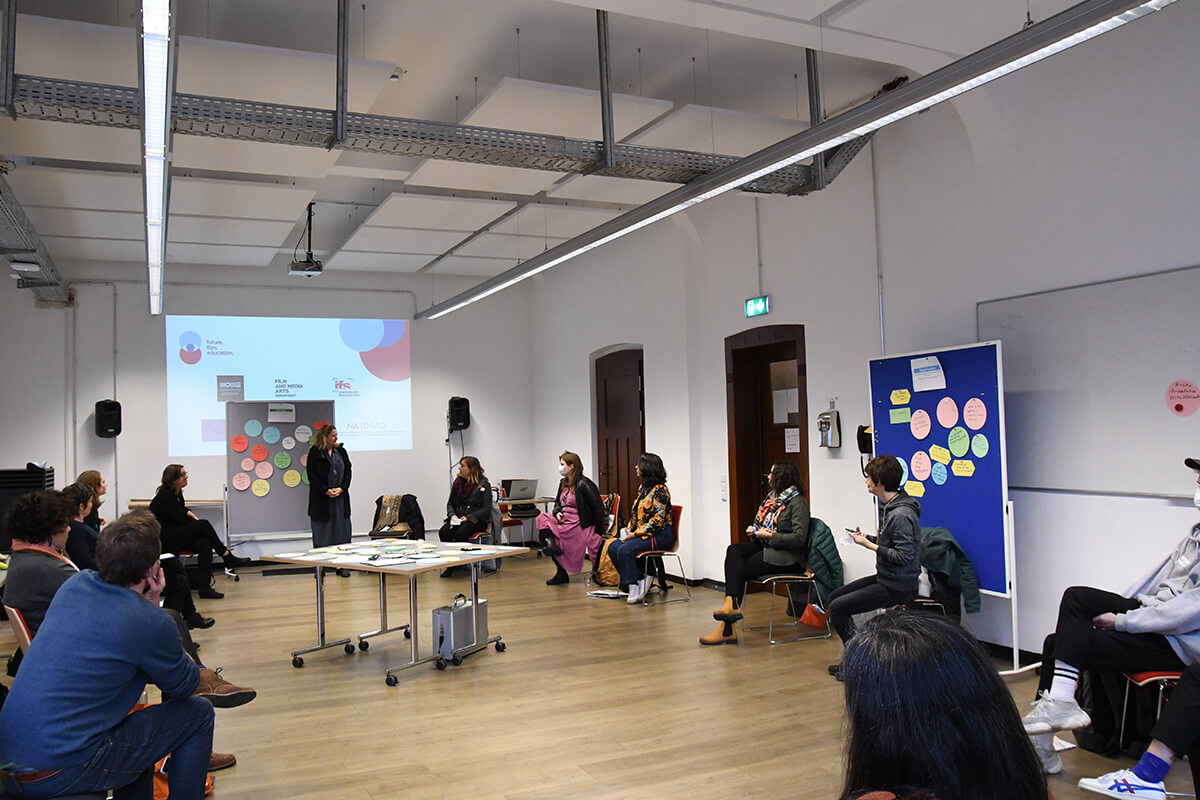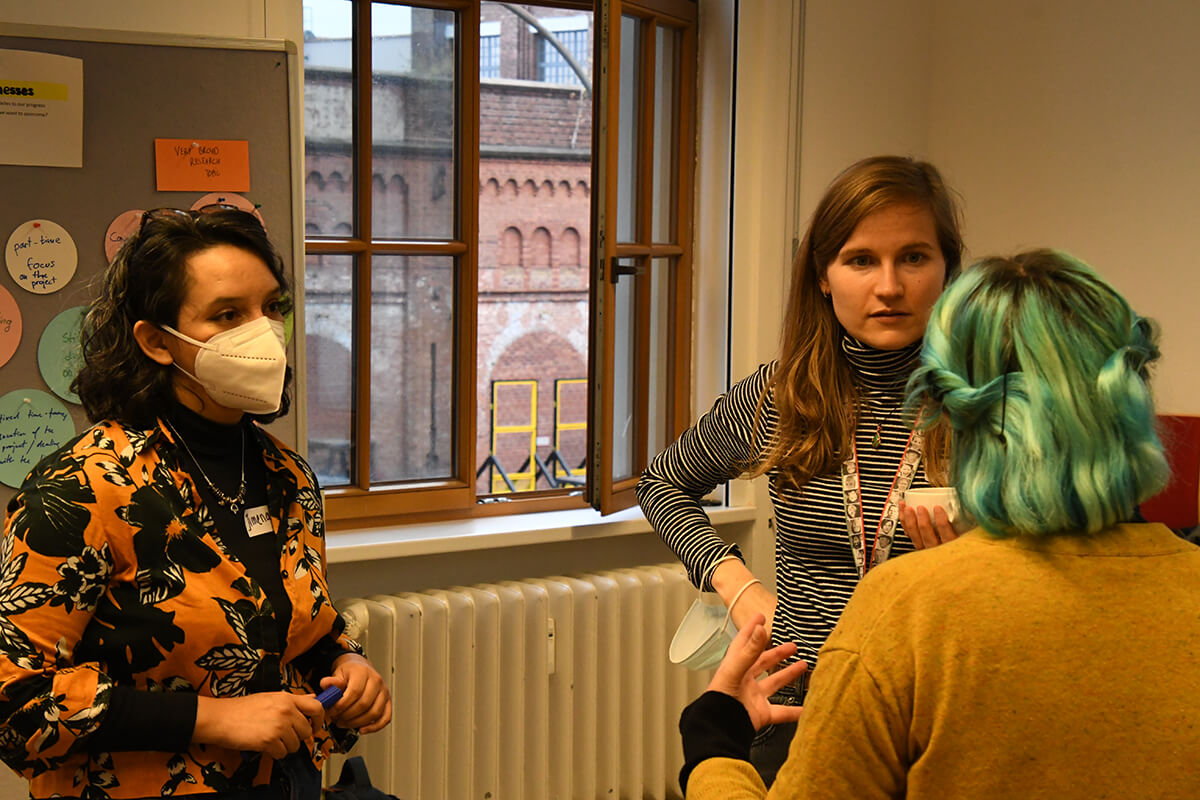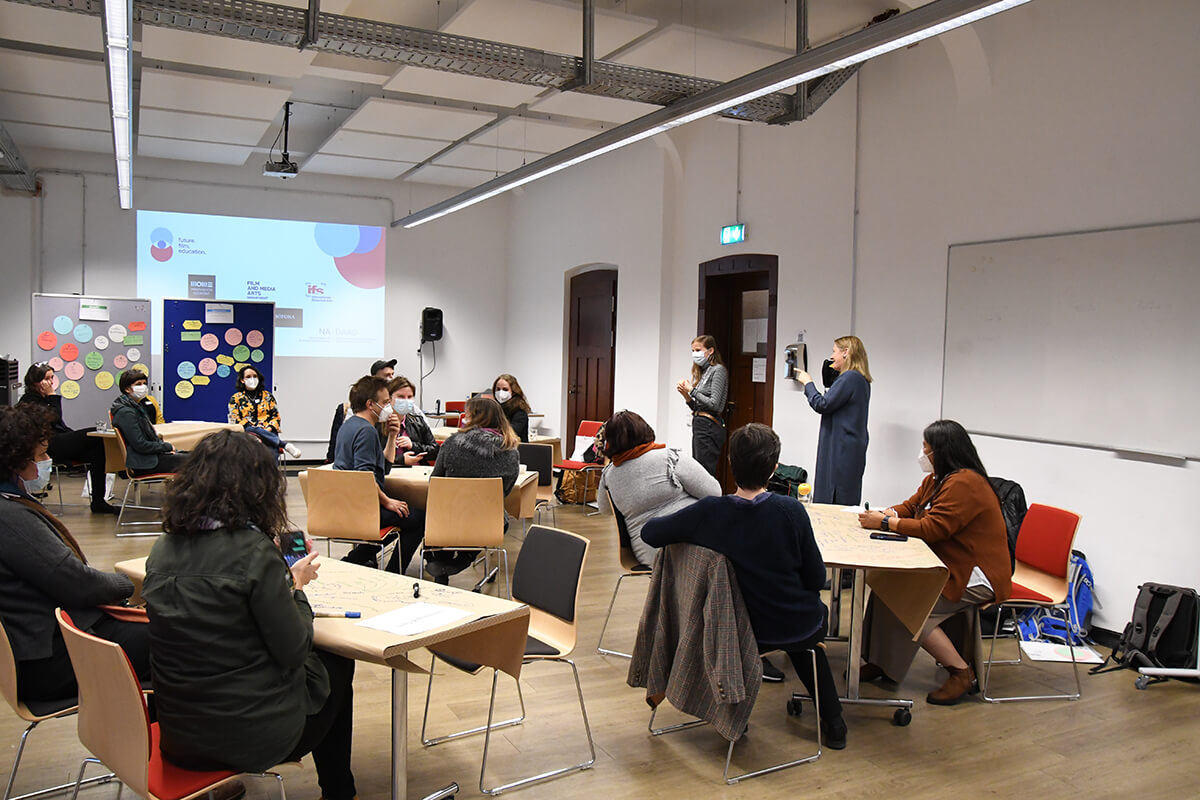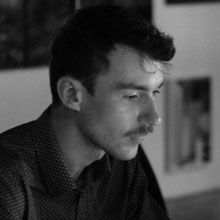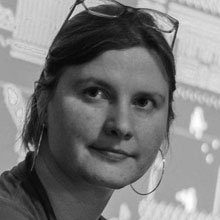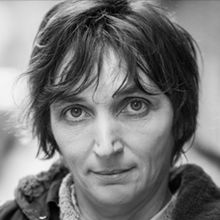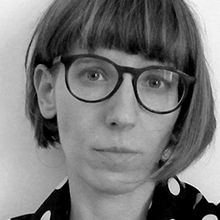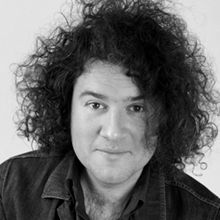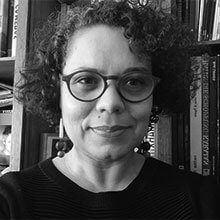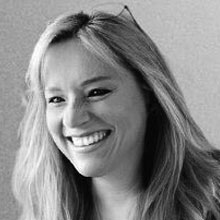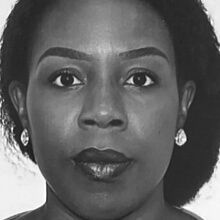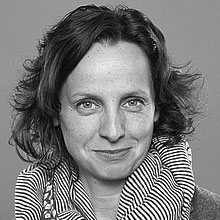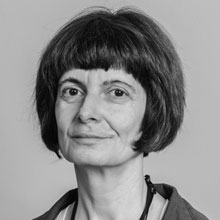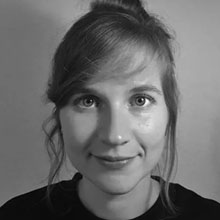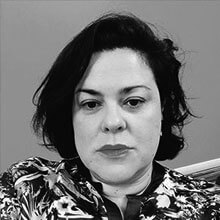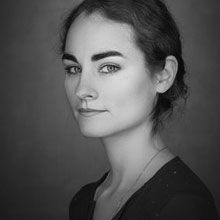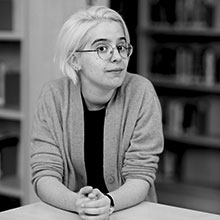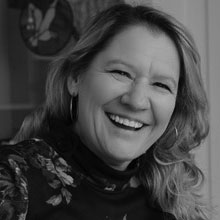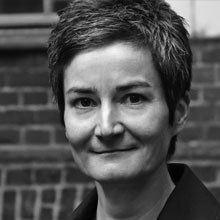future.film.education is a collaborative research project aiming to contribute to a more innovative, inclusive and diverse film and higher education environment, both on- and offline.
The joint project brings together three European film and art schools, namely ifs Internationale Filmschule Köln (DE), Moholy Nagy University of Art and Design (HU) and Universidade Lusófona (PT), to develop specialised toolkits and a MOOC for online teaching and diversity. These outcomes will help improve the quality and capacity of online teaching and further strategies for considering diversity and inclusion as core learning outcomes of film, media and arts study programmes. The toolkits and MOOC are be freely available on this website.
This project is co-funded by the Erasmus+ Programme of the European Union within the call for “Cooperation for innovation and the exchange of good practices - Partnerships for Digital Education Readiness”.
Diversity In Film And Media - MOOC
Here you can access fourteen modules exploring diversity and introducing ideas on canon formation, media literacy, critical pedagogy, as well as VR, disability, gender, postcolonial, Romani and queer studies.
The MOOC is designed for students of film, media and art study programmes as well as anyone interested to learn more in this field. Film, media and art educators looking for ideas or resources may integrate individual exercises or whole modules from the MOOC into existing curriculum. Also we would encourage you to consider incorporating the MOOC (equivalent to 1 ECTS) in general into formative introductory media education.
Whether you are a student, teacher or staff member of film and media schools, we aim to support developing ideas on how to bring more diversity thinking and actions into art education. Join us on this journey to learn about and engage with diversity in our schools.
This MOOC is co-funded by the Erasmus+ Programme of the European Union. It was created by the ifs Internationale Filmschule Köln (DE), Moholy Nagy University of Art and Design (HU) and Universidade Lusófona (PT), to promote online teaching of diversity.
Diversity Toolkit
One aspect of the future.film.education project is the development of a "diversity in film and media curriculum toolkit" universities and film schools can benefit from. To this end, a research group is mapping best practices of curricula on diversity and inclusion from film and media studies programmes. It is also exploring strategies for teaching and practising diversity in film schools that can be applied to contemporary production cultures. Based on the research findings, we have developed a “diversity toolkit”. You will find free access to the toolkit with information on best practices and guidelines for incorporating a diversity curriculum into existing degree programmes here.
Online Teaching Toolkit
One part of the future.film.education project is the development of an "online teaching toolkit for film and media schools". A research group has been working on a self-assessment tool, evaluating the needs and opportunities of teaching practice-based courses online and reviewing resources for teaching film and media courses online. During the project, a training course on online teaching for film and media school lectures of the partner schools has been developed and carried out. The online teaching toolkit draws on the research and insights from the self-assessment and statistics, as well as from the training course. You will find free access to the toolkit with course materials for self studies and a course planner as well as best practices, guidelines, and a self-assessment survey.
Meet the Team
Future.film.education was jointly initiated by ifs internationale filmschule köln (DE), Moholy Nagy University of Art and Design (HU) and Universidade Lusófona (PT). Each partner brings considerable expertise in the creation of audiovisual media and profound knowledge in artistic practice-based teaching. The conviction of the cultural power of film and media for social change and the passion for exploring innovative technologies drive our cooperation.
Contact
Sunedria Nicholls-Gärtner
Head of Studies, Research and Internationals
International Affairs – ifs internationale filmschule köln
Schanzenstraße 28
51063 Köln
Germany

